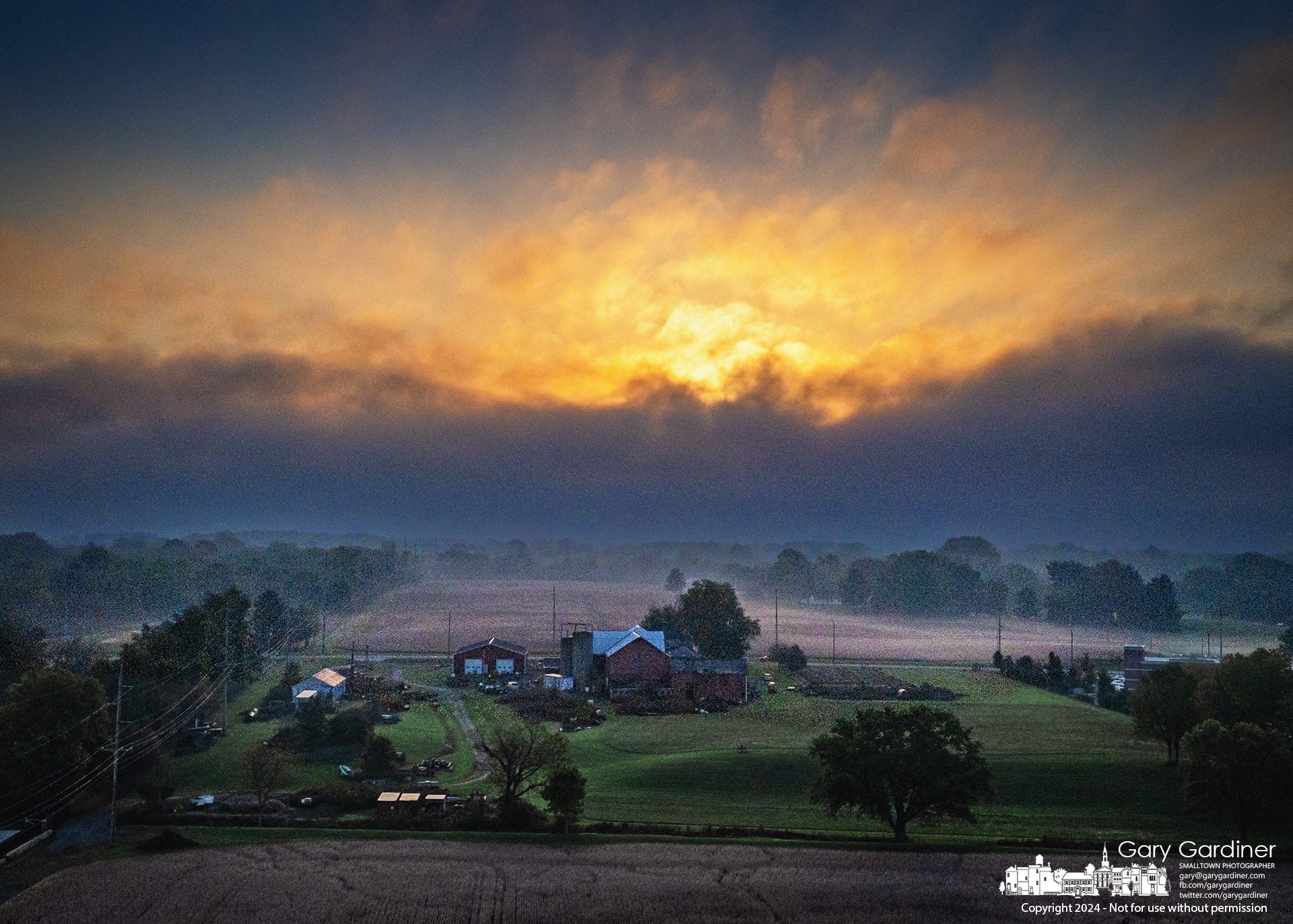A City in Transition: Westerville Reconsiders Its Future and Its Leadership
Candidates Answer Questions About Their Campaigns
Westerville at a Crossroads: Growth, Identity, and the Future of the City Council
As Westerville approaches a crucial city council election on Tuesday, the city faces significant demographic, economic, and political changes. Once characterized by its conservative values and quiet agricultural roots, Westerville is now a growing, diverse community whose f…



